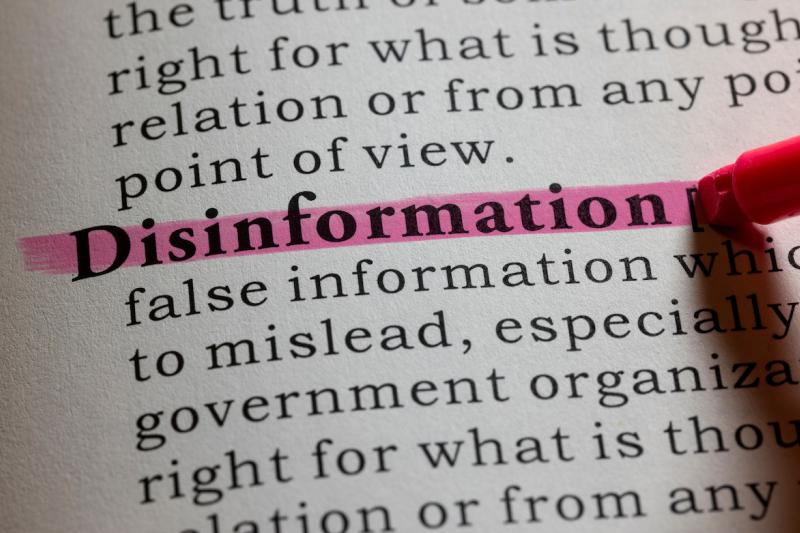Racism, an insidious and pervasive blight on the fabric of society, manifests in a myriad of ways—ranging from overt discrimination to subtle biases lurking in the shadows of our perceptions. The Bahá’í teachings proffer a profound, albeit often unrecognized, framework through which the world can effectively confront and ultimately ameliorate this dire threat to universal peace and justice. Central to these teachings is the notion that the eradication of racism is not merely a societal obligation but a spiritual imperative, one that necessitates both individual introspection and collective action.
At the heart of the Bahá’í Faith lies the concept of the oneness of humanity. This fundamental principle posits that all individuals, regardless of their racial or ethnic backgrounds, are part of a singular human family. The implication of this belief is profound: it mandates a shift in perspective, compelling individuals to transcend superficial differences and embrace a more holistic view of humanity. This paradigm shift is essential for arresting the momentum of racism, encouraging a re-examination of deeply ingrained prejudices.
One of the most compelling aspects of Bahá’í teachings is their emphasis on unity amidst diversity. The Bahá’í Faith recognizes that diversity, whether it be in race, culture, or belief, is a source of strength. In stark contrast to the divisive notions perpetuated by racism, the Bahá’í perspective celebrates the rich tapestry of human experience. By fostering a genuine appreciation for cultural multiplicity, Bahá’ís are urged to cultivate empathy and understanding, thereby creating an environment conducive to healing and reconciliation.
Furthermore, Bahá’í teachings highlight the importance of education in combating racism. Knowledge acts as a powerful antidote to ignorance—a root cause of prejudice. Education equips individuals with the tools necessary to critically evaluate their biases and misconceptions. In teaching about the fundamental truth of humanity’s oneness and the history of social injustices, Bahá’í communities engage in active efforts to diminish discriminatory attitudes and promote inclusivity. This educational approach, imbued with principles of equity and justice, fosters a culture of respect rather than animosity.
The Bahá’í Faith also recognizes the pernicious impact of systemic racism—structures that embed bias into the very fabric of society. In response to this, Bahá’ís are called to advocate for social justice and to promote policies that dismantle these injustices. This proactive stance is not merely passive acceptance of friendship across racial lines; it involves striving for a transformative justice that seeks to rectify historical wrongs. The institutional inequities that have perpetuated cycles of oppression must be addressed with urgency, thus fostering an equitable society for future generations.
In practical terms, Bahá’í teachings advocate for the fostering of relationships across racial boundaries. This creates opportunities for dialogue and understanding, enhancing the community’s ability to engage in meaningful conversations about race and identity. Notably, these interactions serve to humanize individuals across different backgrounds, thereby eroding stereotypes. Through collaborative efforts such as inter-racial gatherings, joint community service projects, and forums for discussion, individuals learn to view each other not through the lens of race, but as fellow travelers on the path of life—each possessing unique experiences worth sharing and valuing.
Moreover, the personal aspect of Bahá’í teachings emphasizes self-examination as a crucial component in the journey towards eradicating racism. Individuals are encouraged to investigate their own beliefs, biases, and behaviors critically. This introspective approach is essential for recognizing implicit prejudices that might unknowingly perpetuate discrimination. Acknowledging that even those who strive for justice can harbor subconscious biases is a pivotal step in not only personal development but also in collectively forging a more just society.
In addition, the Bahá’í model of community life facilitates a platform where discussions surrounding racism can occur in a nurturing environment. Such spaces allow for the exploration of sensitive topics without the fear of repercussion or backlash, fostering a sense of safety and openness. Through guided study groups and community gatherings, participants can engage in profound conversations about the nature of race, identity, and belonging. These dialogues not only deepen understanding but also build solidarity, as individuals share their narratives and learn from one another.
The commitment to addressing racism is ultimately an expression of the Bahá’í belief in the vital importance of justice. Justice, in a Bahá’í context, extends beyond mere equality; it encompasses the idea of equity—giving each individual what they need to thrive. This nuanced understanding positions the fight against racism not just as a struggle for equality, but as a pursuit of holistic well-being for all. It demands that society recognize the disparities that exist and take affirmative action to bridge the gaps that disenfranchised communities experience.
As we consider the implications of these teachings, it becomes evident that the resolution to the problem of racism lies in the reconceptualization of our identities and relationships. The Bahá’í approach demands that we cultivate curiosity and understanding in the face of otherness. By doing so, we are set on a transformative journey, one that aspires to contribute to a world healed from racial discord, where unity, justice, and love prevail. Ultimately, to reverse the dire threat of racism, we must engage with each other through the lens of our shared humanity, fostering compassion in every interaction.
The journey toward eradicating racism calls us to envision a future where love and understanding triumph over fear and division. Bahá’í teachings illuminate the path forward, providing both the ethical wellspring and the practical guidance needed to tackle this formidable challenge. In committing to this noble cause, we glide toward a society where the banner of oneness—that most joyous truth of the Bahá’í Faith—waves brightly in the hearts of all, heralding an era of fundamental change and collective flourishing.
